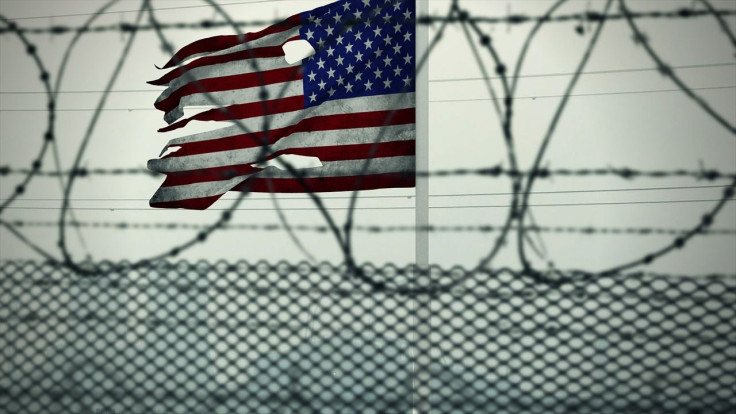7-Year-Old Charged With Rape: Can He Go To Prison?
KEY POINTS
- The 7-year-old boy is facing a third-degree rape charge
- His age puts him in the legal threshold to be charged a juvenile delinquent
- Police are still investigating the case
A 7-year-old boy from Brasher Falls, New York has been charged with rape, state police said.
The unidentified child was charged with third-degree rape on March 23 in connection to an incident that occurred in November 2020, WWNY-TV reported.
The child was initially cited then released, according to state authorities. The case will be handled in Family Court.
Police said they are still investigating the case. However, Anthony Martone, director of Felony Youth Defense Unit from legal team Queens Defenders, called the case "absurd."
"I don't think you even could really realize what you're doing at 7 years old," Martone said. "So I think it's absurd to charge a 7-year-old with rape."
He pointed out, "They'd have to prove he actually physically committed this act, which to me, it almost seems to be an impossibility."
The child's age puts him in the legal threshold to be charged as a juvenile delinquent, according to state law. These are children over 7 and below 18 years of age who have been found guilty of committing an act considered to be a crime if done by an adult, the official website of the state's judiciary explained.
A pending law in Albany is seeking to raise the minimum age for a child to be charged a juvenile delinquent from 7 to 12.
Unlike a regular case with an adult, cases involving juvenile delinquents are handled in Family Court. This court has jurisdiction over cases involving children.
Juvenile delinquents do not go to adult jails and the court instead sends them to youth detention centers with different rehabilitative functions depending on the treatment and supervision each child needs. Juvenile delinquents also do not receive a criminal record.
This is different for juvenile offenders, children aged 13, 14 or 15 who have been found guilty of committing a crime. Their cases are handled by the Youth Part of the County Court or Supreme Court. While receiving less severe sentences compared to adults after a plea or trial, juvenile offenders will receive a criminal record. They still do not go to regular prisons and are instead sent to youth detention centers as well.

© Copyright IBTimes 2024. All rights reserved.





















